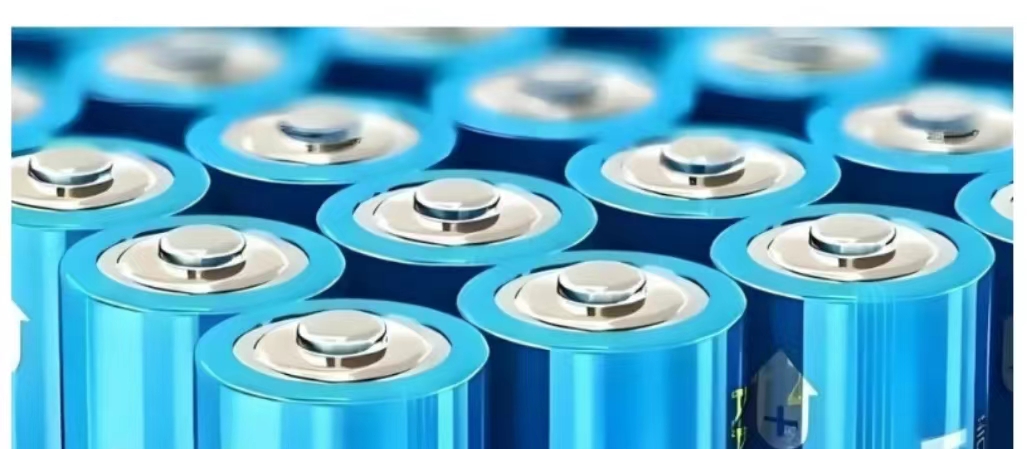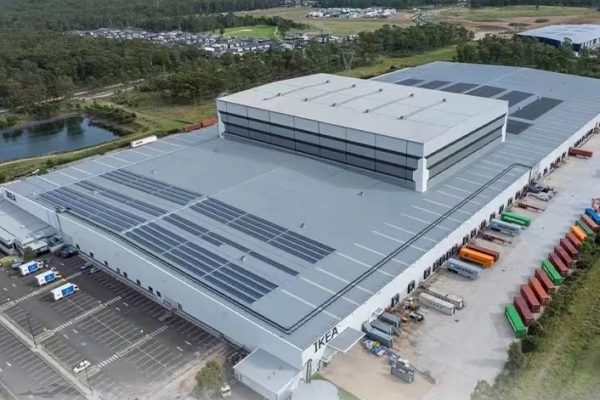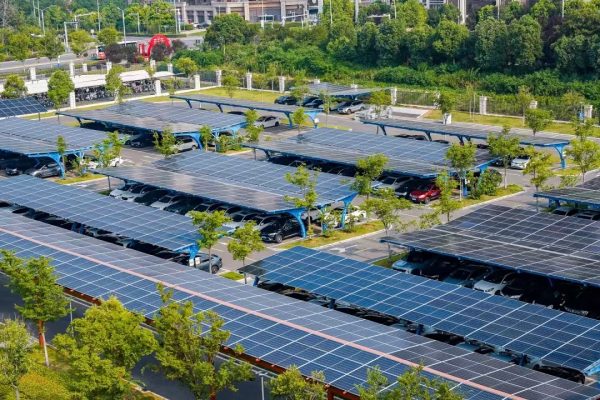How to Make Smart Choices Without Over- or Under-Specifying the Battery
1. Why Battery Selection Is a Make-or-Break Decision
In small-scale energy storage projects—whether for homes, small businesses, or off-grid farms—choosing the right battery is one of the most critical decisions.
Unlike large utility-scale installations that may focus on long-term ROI over decades, small projects often care more about:
- 💰 Upfront cost
- 🛠️ Installation complexity
- 🔄 Daily cycling and usage habits
- 🧍 Owner expectations
This creates a core trade-off: Do you prioritize lower cost or longer cycle life?
2. Understanding Battery Cycle Life
Cycle life refers to how many full charge/discharge cycles a battery can perform before its usable capacity drops below a defined level (usually 80%).
🔋 Typical values by battery type:
| Battery Type | Cycle Life (at 80% DOD) | Notes |
|---|---|---|
| Lead-acid (AGM/GEL) | 500–1,000 | Low cost, short life |
| Li-ion NMC | 2,000–5,000 | Balanced performance |
| LiFePO₄ (LFP) | 4,000–8,000+ | Excellent for daily use |
| Sodium-ion (emerging) | ~2,000–4,000 | Good at low temps, still niche |
Cycle life is affected by:
- 🔋 Depth of Discharge (DoD)
- 🌡️ Temperature
- ⚡ Charge/discharge rate (C-rate)
- 🔌 Quality of BMS/inverter integration
3. Cost Considerations: Initial vs. Lifetime Value
In small projects, many users are price sensitive—but low price can mean high long-term cost.
| Battery | Approx. Price per kWh | Typical Cycle Life | Cost per Cycle |
|---|---|---|---|
| Lead-acid | $80–120 | 800 | $0.12–0.15 |
| Li-ion (NMC) | $160–200 | 3,000 | $0.05–0.07 |
| LFP | $180–250 | 5,000+ | $0.04–0.06 |
💡 Lesson: Higher upfront cost may save money over time.
4. Project-Based Battery Selection: The Right Fit
When working with small and medium customers, project context is everything.
✅ Ideal for Lead-acid or Low-Cycle Li-ion:
- Backup-only systems (e.g. 1–2 outages/month)
- Customers with very tight budgets
- Locations with minimal cycling
✅ Ideal for LFP:
- Daily cycling applications (self-consumption, off-grid)
- Rural homes or stores with 3–5 kWh daily load
- Microgrids or weak-grid areas
- SME clients aiming to reduce diesel/generator use
As a technical trade partner, your value comes from matching usage with the right tech, not just offering the “cheapest per kWh” option.
5. Key Evaluation Criteria for Small Projects
When recommending battery systems to clients, consider these factors:
| Factor | Why It Matters |
|---|---|
| ⚡ Daily energy use | Determines expected cycling frequency |
| 🔋 Autonomy required | Impacts capacity and discharge depth |
| 🔄 Lifetime expectations | Defines cost justification for LFP |
| 💰 Budget range | Some users prefer lower upfront cost |
| 🌡️ Climate | LFP performs better in hot climates |
| 🔌 Compatible inverter | Must support battery communication and DoD limits |
6. How to Present the Trade-Off to Clients
You don’t need to sell based on chemistry. Instead:
- Offer 2–3 clear options: e.g., low-cost backup, mid-range daily use, high-cycle LFP
- Break down value in cost per usable kWh over time
- Explain cycle life using visual charts or lifespan calculators
- Always stress safety and after-sales support
🧠 Tip: When clients understand that a $2,000 LFP pack could last 10 years vs. $1,200 lead-acid lasting 2 years, trust increases.
7. Our Advantage as a Technical Trade Partner
We’re not just quoting batteries—we’re helping you:
- 📊 Match the battery with actual usage patterns
- 🔄 Select cycle life that suits project duration
- 🔧 Offer inverter + battery combos that work reliably
- 🧰 Recommend cabinets or layout based on climate and space
- 🔗 Provide wiring diagrams and setup support
We work with multiple suppliers and can propose flexible solutions, whether the client is starting small or planning future expansions.
8. Recently Published Articles You May Like
- 👉 How to Size Inverter and Battery Together
- 👉 Why BMS/EMS Integration Is Critical in Commercial ESS
- 👉 Small-Scale Energy Storage Fire Protection: What to Know
9. Final Thought: Battery Life Isn’t Just a Spec—It’s a Strategy
In small projects, a smart battery choice can:
- 🧩 Simplify operations
- 💸 Reduce total cost of ownership
- 🤝 Build long-term customer satisfaction
As a solution-oriented supplier, we help you balance cost and performance—because in small systems, every cycle counts.








